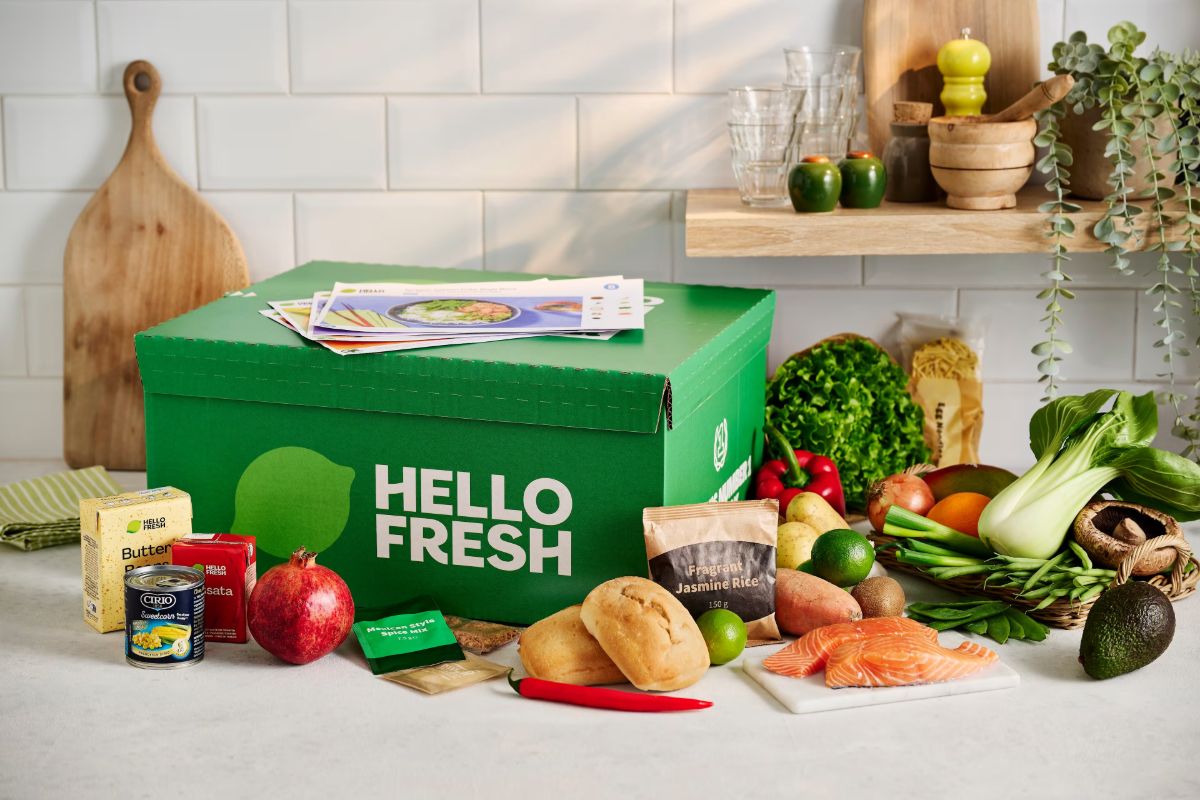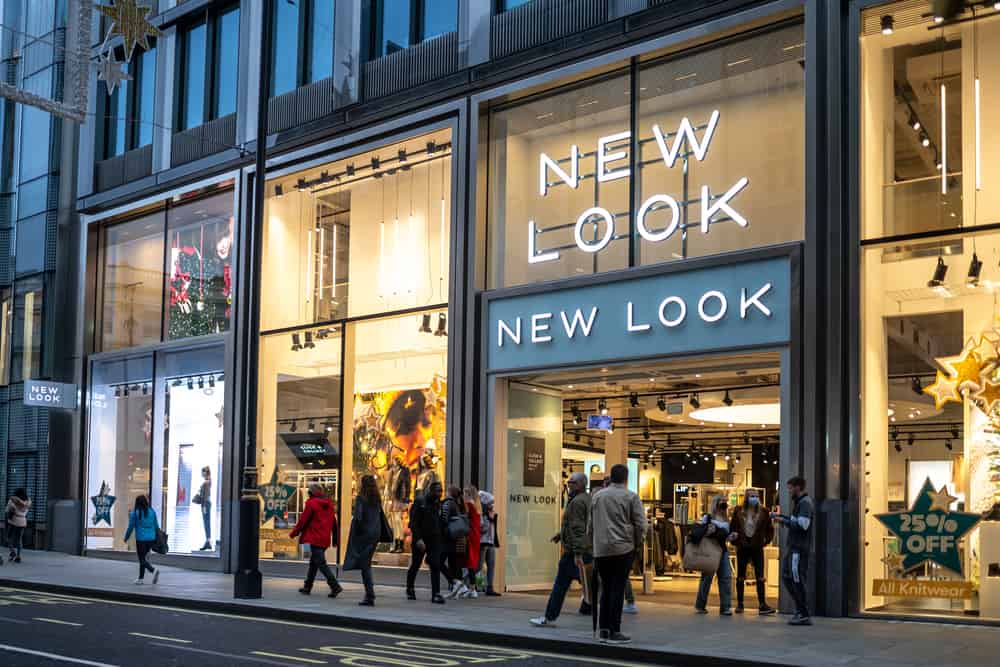A Palo Alto company is promising to help bricks and mortar retailers compete more effectively with their online rivals by mapping shopper behaviour on the high street.
Euclid Analytics was launched in 2010 by a team that includes Scott Crosby, co-founder of Urchin, the copmany that later became Google Analytics. In November it won investment of $5.8m (£3.6m) from investors including NEA, Harrison Metal and TriplePoint Capital. It now aims to take its approach to high street analytics mainstream through the just-launched Euclid Zero.
The solution is designed to measure the activity of shoppers carrying wi-fi enabled mobile devices, even if they do not connect to in-store networks or use a mobile app. Retailers can monitor measurements such as engagement rate, visit duration and visit frequency through an online dashboard. They can then use those measurements to target customers through their marketing programmes or even redesign their store layouts.
Euclid Zero differs from the previous version of the software in that it needs no external hardware such as sensors, but operates through existing wi-fi networks, requiring users only to turn on the Euclid feature in their wi-fi management console.
“Euclid Zero makes it dramatically easier to get the big picture about what’s happening in your stores,” said Will Smith, chief executive of Euclid. “We’re excited to give retailers a much faster and more convenient way to experience our breakthrough shopper analytics.”
Euclid currently works with more than 30 clothing companies, restaurants, shopping malls and department stores, and says it now measures more than three billion events a day, on average. It will be demonstrating Euclid Zero at the NRF Big Show in New York City on January 14 and 15.
Our view: Commentators often tell us at Internet Retailing that bricks and mortar shopkeepers ‘just know’ from walking the store how they should best be laid out. But this solution from Euclid looks like a useful innovation for those that either don’t ‘just know’ or don’t want to rely on gut feelings when real data could help them to new insights. However, this solution is as yet limited by the fact that not all shoppers carry smartphones or other mobile devices around with them. It’s therefore retailers with a technology-savvy customer demographic who are likely to be early adopters of this type of solution.








